From the cockpit to the boardroom, Chemi Peres has helped shape Israel’s defense and tech sectors. In this special IsraelTech interview with Yoel Israel, Chemi Peres reflects on legacy, leadership, and the bold future ahead for the Startup Nation.
Born Into Legacy, Built on Purpose
Carrying the name Peres in Israel is no small task. As the son of Shimon Peres – former Prime Minister, President, and one of the country’s founding architects – Chemi Peres was born into a powerful legacy. But he never saw it as a burden.
“I always say that if I had the ability to choose my investments like I chose my parents, I would be in a very good position.”
Rather than walk in his father’s footsteps, Chemi forged his own path – from Air Force pilot to tech innovator to managing partner and co-founder of Pitango, one of Israel’s most influential venture capital firms.
Lessons from the Sky: What the Air Force Taught Me
Chemi spent ten years as a pilot in the Israeli Air Force – a transformative experience that continues to shape his leadership philosophy.
“You go through debriefings after every flight, even if it was successful. You learn to be brutally honest about your mistakes.”
This culture of self-improvement and responsibility stuck with him. Whether investing in startups or mentoring founders, Chemi applies the same ethos: radical honesty, continuous learning, and team trust.
He also highlighted what sets the Israeli Air Force apart:
- Pilots aren’t specialists – they’re adaptable.
- They’re trained to make independent decisions in high-stakes moments.
- They’re expected to think like commanders, not just operators.
In many ways, this mindset mirrors that of a startup founder.
From Fighter Jets to Venture Capital
After leaving the military, Chemi joined Israel Aerospace Industries to work on the ambitious Lavi Project – an Israeli-built fighter jet. Despite its technical promise, the project was canceled due to cost concerns, political pressure, and opposition from both the U.S. and the Israeli Air Force itself.
“Being fired from the Lavi Project was humiliating – but it shaped my career. I vowed to never be in a position again where someone else controlled my destiny.”
That experience sparked a mindset shift. Chemi realized he wanted to create, lead, and control his own journey. He entered the private sector, then co-founded Pitango in 1996 to help fund Israel’s next generation of innovators.
Building Pitango and the Israeli Innovation Engine
Pitango began during the early days of Israeli venture capital and has grown into one of the nation’s most established VC platforms. With 14 funds and over 300 investments under its belt, Pitango invests across healthcare, AI, cyber, fintech, and more – from seed to growth stage.
“We don’t just write checks – we build companies from zero to one and support them through every phase.”
Chemi envisions a future where Israel doesn’t just produce unicorns – it produces giraffes (his term for trillion-dollar companies).
To make that happen, he says Israel must:
- Use AI and automation to do more with less.
- Support dual-use innovation in both civilian and defense sectors.
- Embrace local adoption of Israeli technologies to accelerate product-market fit.
- Expand strategic partnerships globally, especially across the U.S., India, and Gulf states.
Israel’s Role in the New Global Defense Tech Race
Chemi believes Israel is uniquely positioned in the next wave of defense innovation – particularly in areas like:
- Hypersonic missile defense
- Laser systems and AI-powered targeting
- Cybersecurity and encrypted communications
- Dual-use applications that span military and civilian markets
“In Israel, we’re living the use cases in real time. That creates a breeding ground for powerful, globally relevant tech.”
With the world investing more in security and deterrence, he sees Israeli startups becoming central players in reshaping how nations defend, adapt, and respond.
The Peres Center: Privatizing Peace Through Innovation
As Chairman of the Peres Center for Peace and Innovation, Chemi continues his father’s mission – but with a modern twist. Originally founded to promote people-to-people peace projects, the center has evolved into a hub for showcasing Israeli innovation and global partnerships.
“We’re not about right or left. We’re about forward or backward. Innovation is our bridge to peace.”
Today, the center includes:
- The Israeli Innovation Center, which educates and inspires entrepreneurs.
- Cross-border collaborations with Arab and Muslim nations.
- A new Institute for the Future, focused on forecasting global trends and preparing Israeli society to lead.
Why the Future Is Israel’s Greatest Asset
For Chemi, the common thread through all his work – from defense to VC to peacebuilding – is an obsession with the future.
“People prefer to remember than to think. But the future is where change happens.”
He believes Israel has all the elements needed to become a critical force in shaping what’s next: a vibrant innovation ecosystem, resilience in adversity, and a willingness to think – and act – beyond the horizon.
Final Thoughts: The Next Chapter
Whether you’re a founder, policymaker, investor, or student, Chemi Peres’ journey is a reminder that innovation isn’t just about products – it’s about people, values, and vision.
Israel’s strength, he says, lies in its ability to:
- Combine technology with human ingenuity
- Build trust through transparency and self-reflection
- Turn adversity into opportunity
- Stay mission-driven while embracing constant change
Interested in more insights about Israeli startups expanding globally? Follow IsraelTech for exclusive interviews, deep dives, and expert perspectives.




